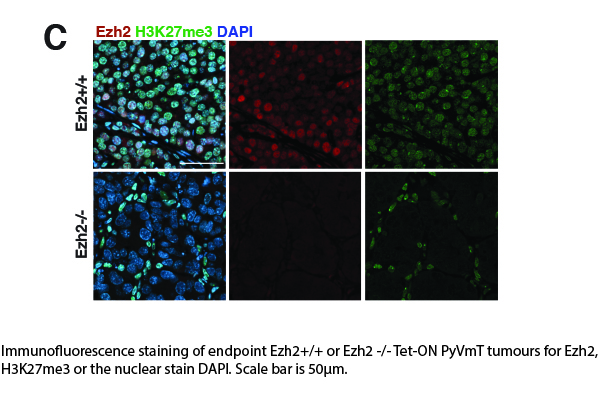 By Stephanie Malley, Goodman Cancer Research Centre
By Stephanie Malley, Goodman Cancer Research Centre
New research published in Nature Communications suggests that genetic or pharmacological targeting of the epigenetic modifier Ezh2 dramatically hinders metastatic behaviour in the Luminal B breast cancer subtype. The discovery was made by a team lead by William Muller, PhD, a professor in the Department of Biochemistry and member of the Goodman Cancer Research Centre at McGill University’s Faculty of Medicine and Alison Hirukawa, a recent PhD student in Dr. Muller’s lab.
“When we target Ezh2 we can dampen metastasis, the movement of the primary tumour cell to the distal organ – which is the cause of death for many women with breast cancer, says Hirukawa. Even more remarkable is that we are affecting the migration of the tumour cells to another organ by targeting the Ezh2 both with drugs and genetically.”
Conflicting ideas within the scientific community prompted the researchers to take a look at the role that Ezh2 plays in Luminal B breast cancer, which accounts for 15% of breast cancer diagnosis. Most women who develop breast cancer are diagnosed with the subtype Luminal A – a highly treatable cancer. Luminal B, as well as two other subgroups of breast cancer – HER2 + and Triple Negative – tend to have a more negative outcome with those diagnosed with Luminal B given a 30-40% chance of remission.
With this research now available in the literature, the hope is that it will lead to clinical trials and eventually positively alter the way cancer patients are treated.
“Targeting EZH2 reactivates a breast cancer subtype-specific anti-metastatic transcriptional program,” A. Hirukawa et al. Nature Communications published July 2018.
DOI: https://www.nature.com/articles/s41467-018-04864-8
August 7, 2018
